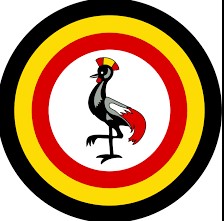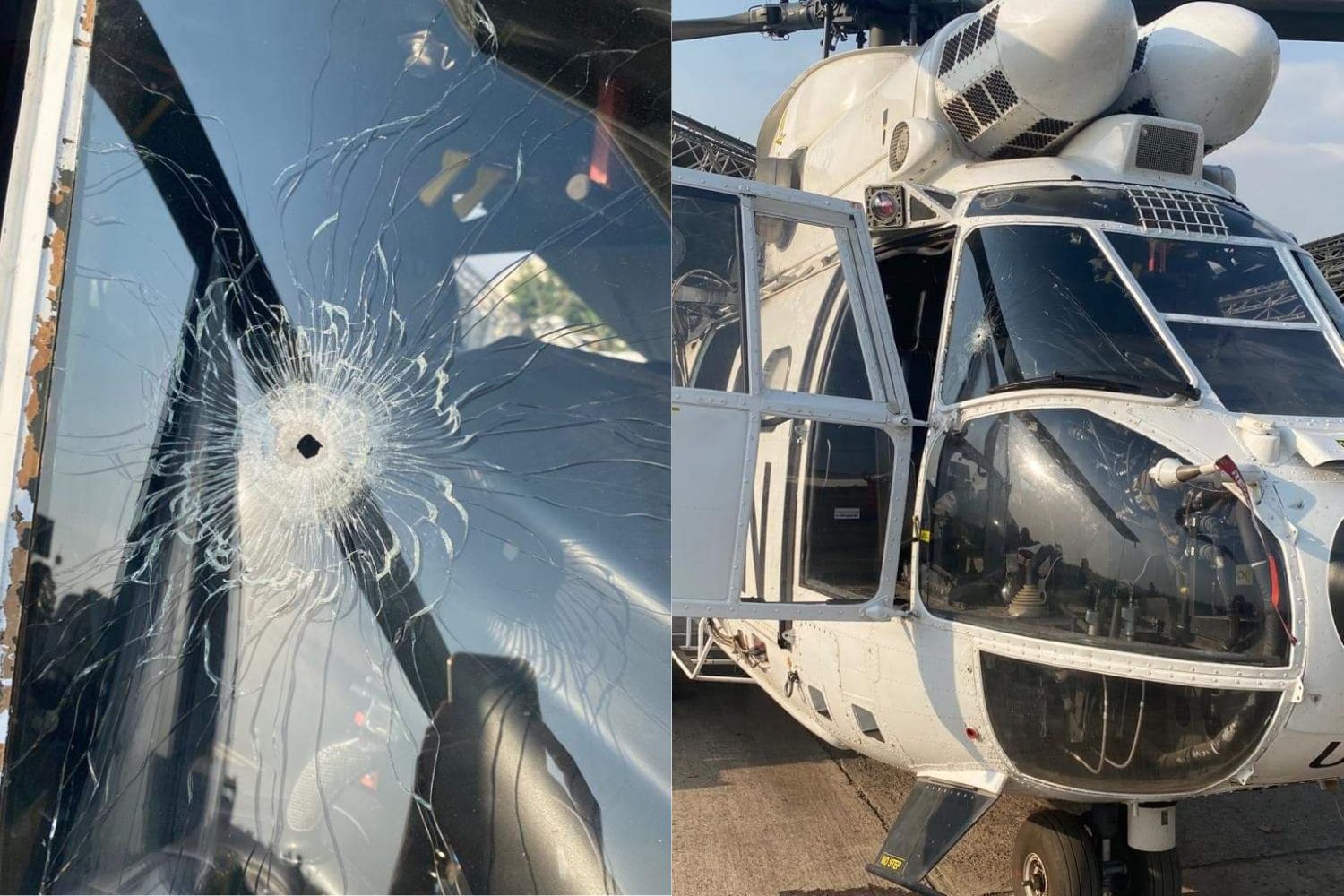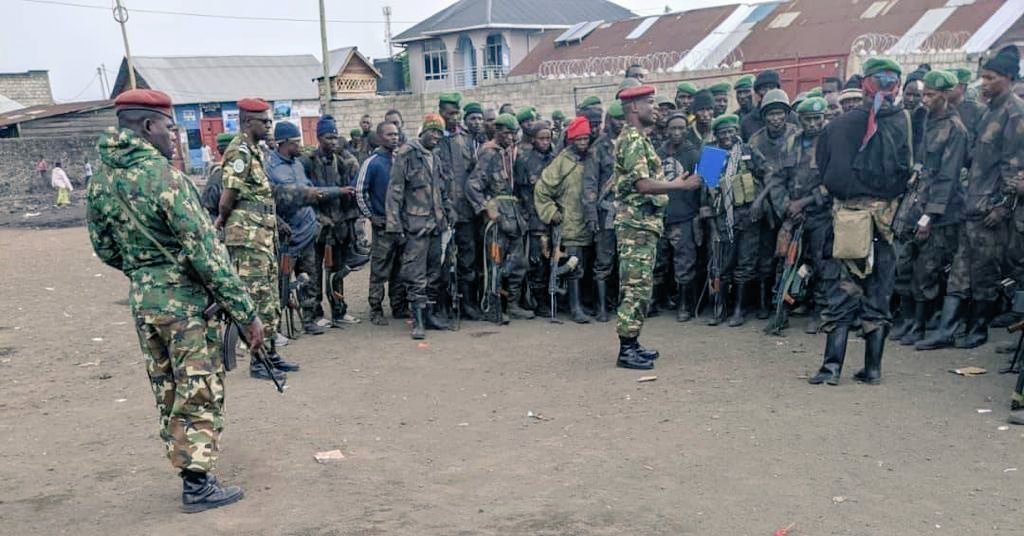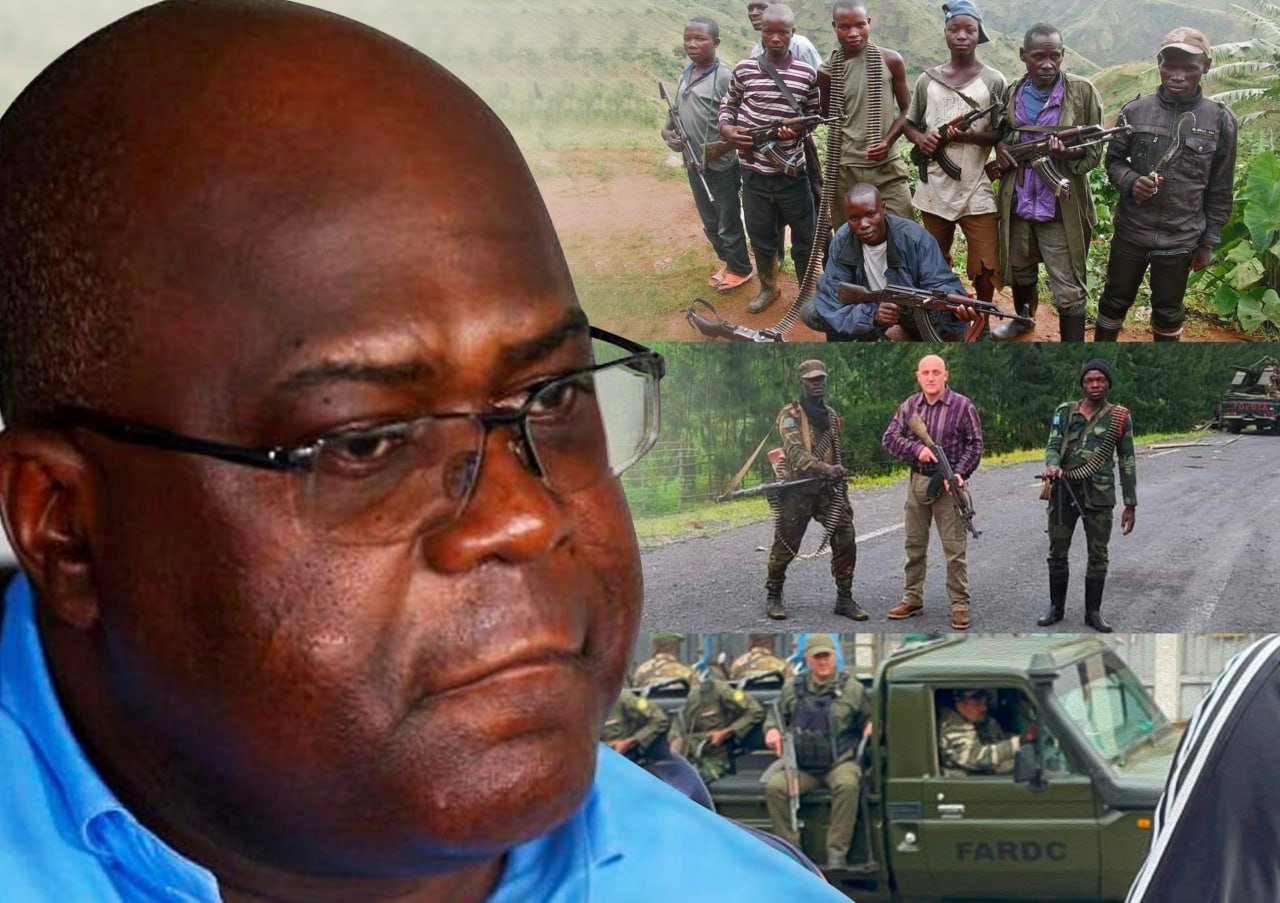Regional
M23: The rebels fighting an existential threat, forces from over 6 countries
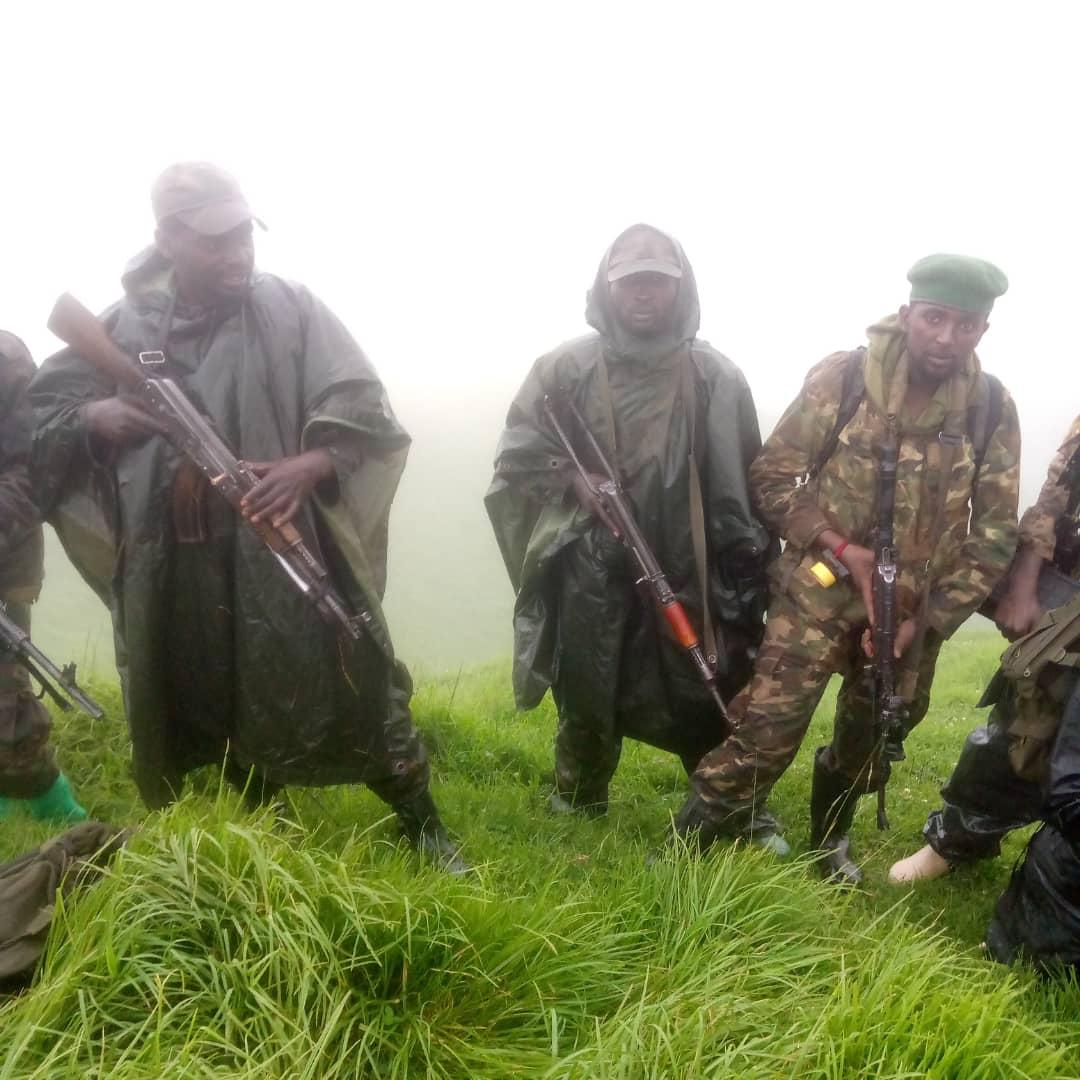
Since
their resurgence in late 2021, M23 rebels occupied swathes of territories in
North Kivu Province in the east of the Democratic Republic of Congo (DRC). The
rebels control towns such as Bunagana, Kiwanja, and Kitchanga; while also
surounding Rubaya, Rutshuru, and controlling vital access roads to Goma, the
capital of the province.
According
to M23 spokesperson Lawrence Kanyuka, the rebel group is not in the campaign to
conquer territories, but found itself “obliged to silence” the enemy's heavy
artillery, drones and combat tanks at their source.
Kanyuka
said the humanitarian crisis in Masisi Territory was unprecedented, adding that
the M23 was “coming to liberate” the residents of Sake, a key town and locality
about 25 kilometers north-west of Goma.
The
rebels insist that they want dialogue with Kinshasa. The latter continues to
refuse talks, calling the rebels terrorists.
Regional
and international calls to resolve the conflict politically have failed.
Emboldened by the military support he is getting from allies including
mercenaries from eastern Europe, the national armies of Burundi, South Africa,
Tanzania, and Malawi, Congolese President Felix Tshisekedi has showed no will
to comply with calls for a political solution to the conflict in the east of
his country.
Who
are the M23 rebels?
Unlike
other armed groups operating in eastern DRC, the M23 is a rebel group fighting
against an existential threat posed on Kinyarwanda-speaking Congolese by successive
Congolese governments.
They
call themselves Les Lions de Sarambwe, or the Lions of Sarambwe. Unlike the
well armed and supplied Congolese army coalition, these rebels have no fighter
jets, no drones, no tanks, and no heavy armor, but they have a will and resolve
their adversaries might never have. And they have, most importantly, a cause.
The
M23 rebels are fighting for the rights of their persecuted Kinyarwanda-speaking
Congolese Tutsi community. The rebels want their people to be recognized and
given their rights to citizenship in their own country as any other Congolese
citizens. They also want their people to be free from persecution.
For
decades, no one has cared about the plight of Kinyarwanda-speaking Congolese,
especially Congolese Tutsi, who are persecuted on broad daylight. Hundreds of thousands
of them were killed while others were displaced internally and externally.
Their property continues to be looted, their houses burned down, and their cows
looted or killed.
The
M23 or "March 23 Movement" initially emerged in 2012 but was temporarily
defeated in 2013, and fled to Rwanda and Uganda. The group that fled to Uganda
returned to DRC in 2017, but had remained dormant until it retook arms in late
2021.
The
M23 group that fled to Rwanda was disarmed and cantoned far away, as dictated
by international law, from the border with DRC. The government of Rwanda
relocated the group – about 680 fighters – to Rwanda’s Eastern Province, far
away from the Rwanda-DRC border.
The group’s latest resurgence in eastern DRC after nearly a decade of silence has been given worldwide attention. But, perhaps because of the rampant anti-Rwanda scapegoating rhetoric and denial spewed by Kinshasa, very few people cared to know the group’s cause, or the grim facts and reality of the conflict.
Historically,
Rwandophones found themselves in eastern DRC after the 1885 Berlin conference
which resulted in the Rwandan territories of Rutshuru, Bunyabungo, Masisi,
Gishali, Tongo and Idjwi, among others, being given to DRC.
From
the 20th Century, the Kinyarwanda-speaking Congolese were persecuted and denied
their rights by other Congolese communities with the knowledge of Congolese
governments, claiming that they were “foreigners who want to balkanize eastern
DRC”.
In
1960, Kinyarwanda-speaking Congolese were estimated between 210,000 and 280,000
in Masisi territory alone. They outnumbered the Hunde whose population was
between 10,000 and 30,000. Many settled there as result of the Belgian
administration’s resettlement programme of Rwandese in the Congo – movement de
l' installation de la population – implemented from 1931 onwards.
Though
they lived in DRC for more than a century, they were never recognized as
Congolese citizens. The tide turned when Congolese administrations started
referring to them as refugees. This is why they were not allowed to contest and
vote in the1965 general elections.
Like
its predecessor, CNDP, the M23 has national grievances linked to lack of
security, discrimination of Kinyarwanda-speaking Congolese, and poor governance
at large.
The
violence and hate speech perpetrated against the Congolese Tutsi is mainly the
result of the refugee crisis which led to the flight of hundreds of thousands
of Rwandan criminals - involved in the 1994 genocide against the Tutsi in
Rwanda - to eastern DRC, and forming the FDLR in mid-2000.
Many
Congolese Tutsi have been fleeing, this imported hate by Rwandan génocidaires,
to neighboring countries while others are constantly being internally
displaced.
Knowing
that if Kinyarwanda-speaking Congolese don’t fight, they will all be
exterminated, the M23 rebellion took up arms to defend themselves against an
existential threat.
The
rebels’ demands to their own government have been simple; to be integrated in
the national army, protect the lives of Congolese Tutsi and be recognized as
legitimate Congolese citizens.
Kinshasa
blatantly refused to hold talks with the M23 rebels claiming that they are
“terrorists”. But they are not terrorists. They are freedom fighters with a
resolve to battle against injustice, persecution and a genocide ideology
targeting their minority in eastern DRC.


